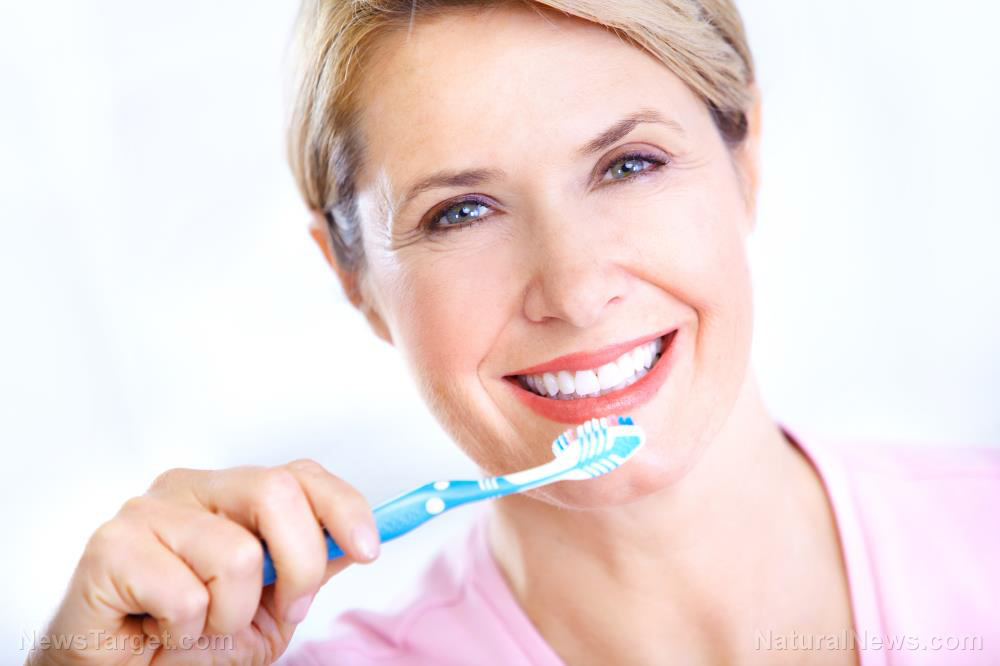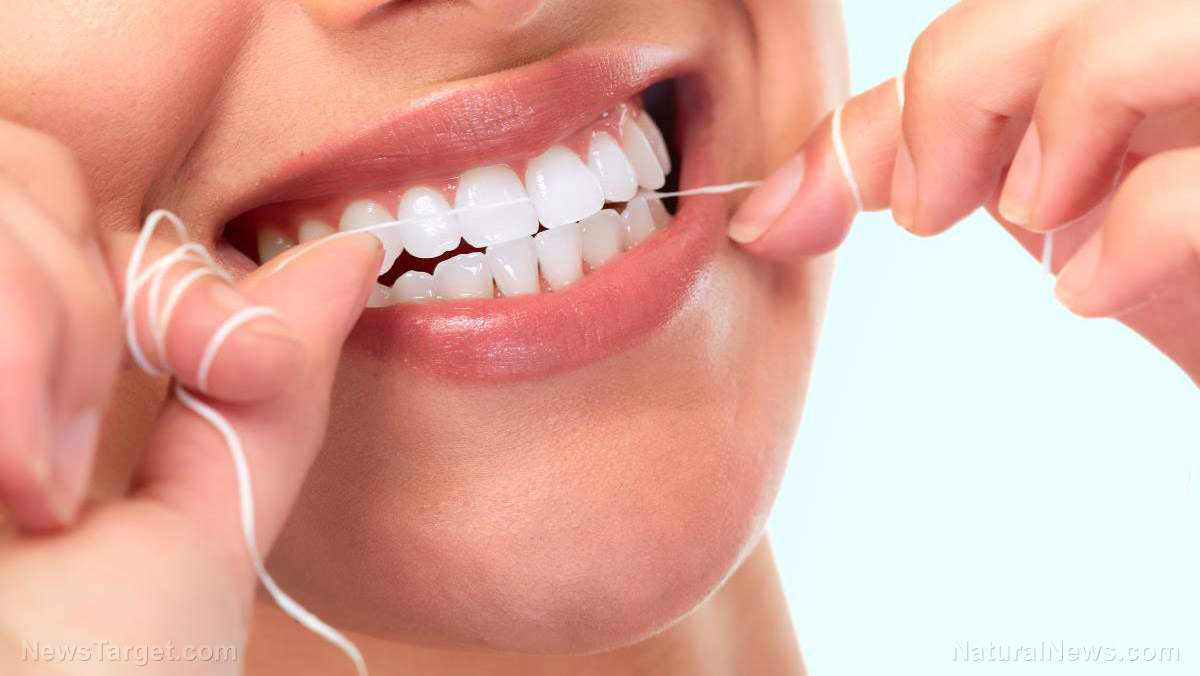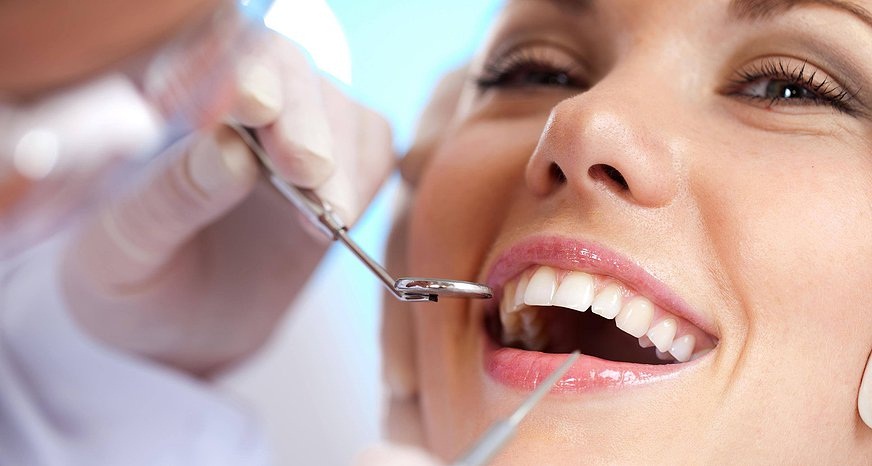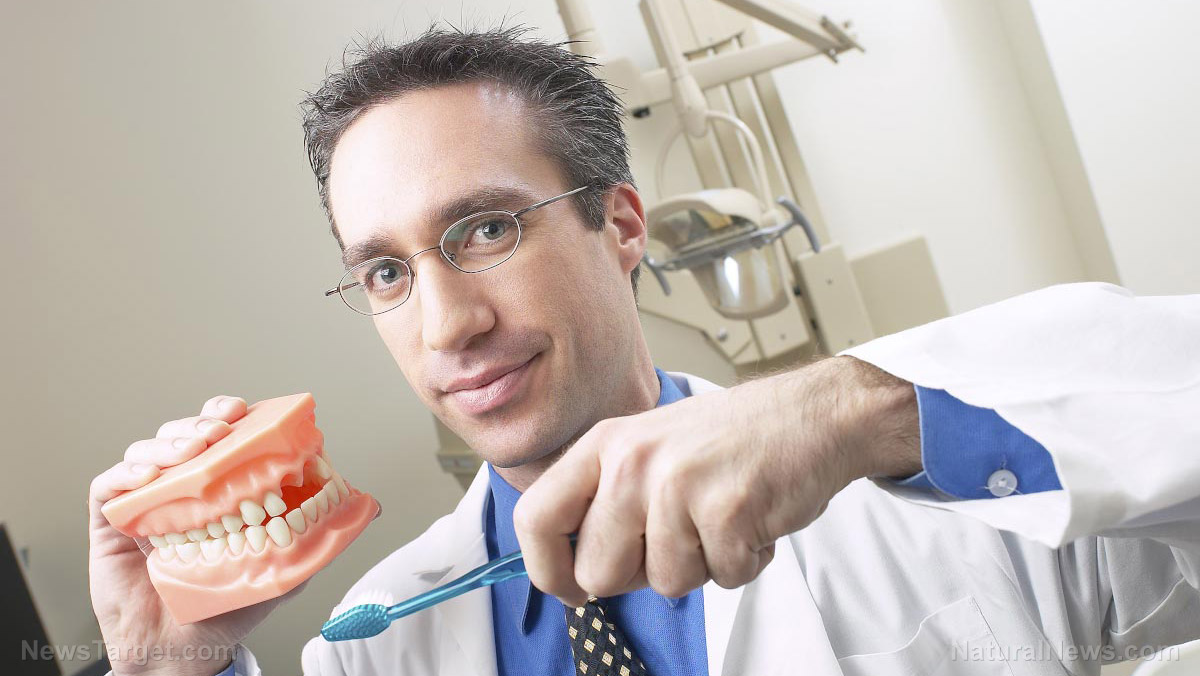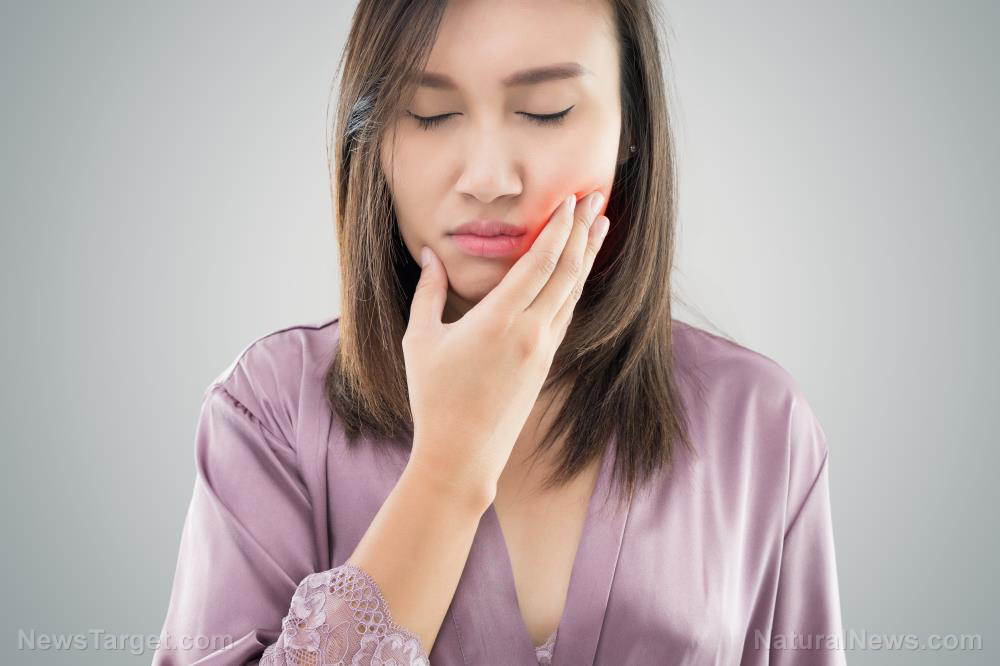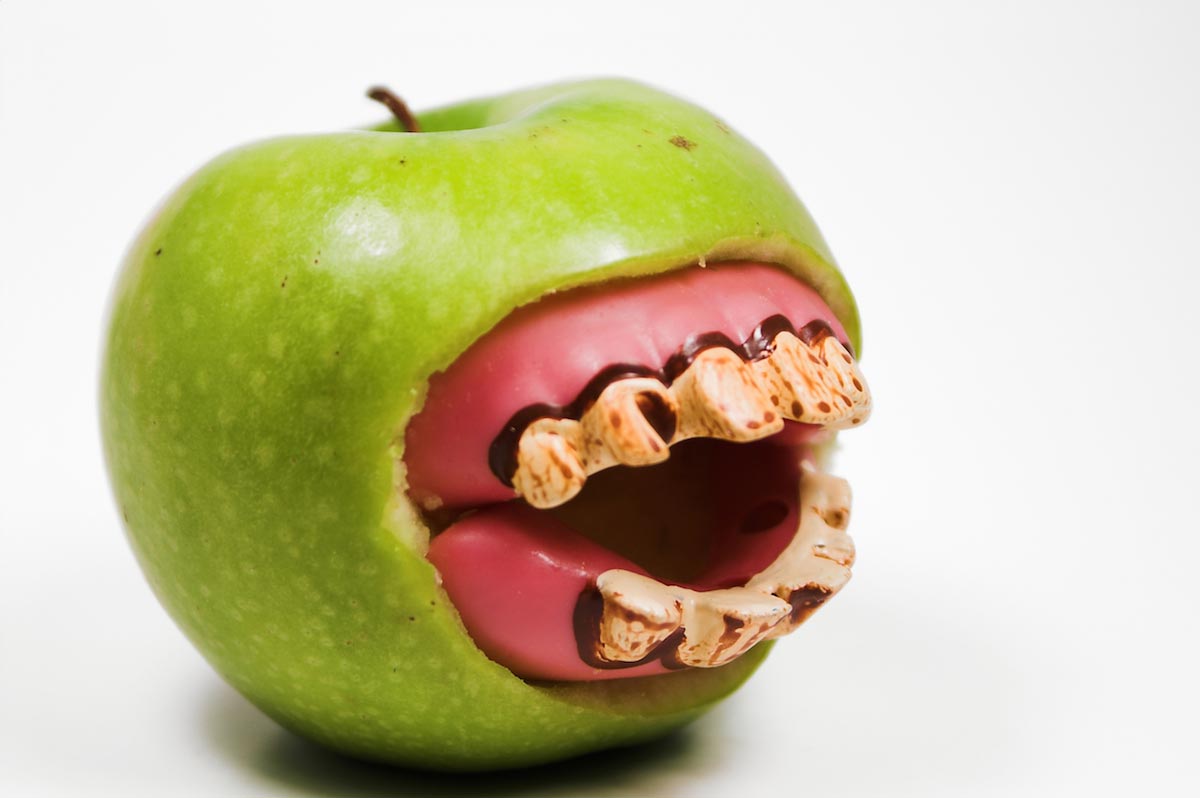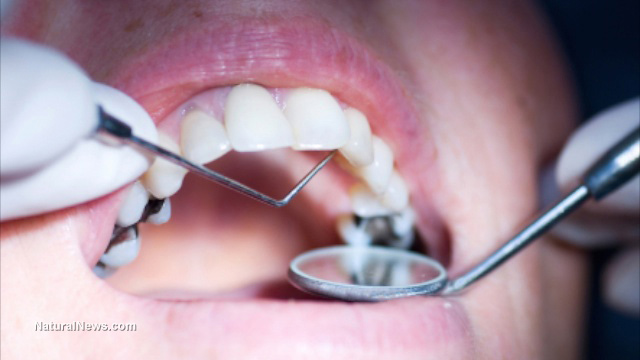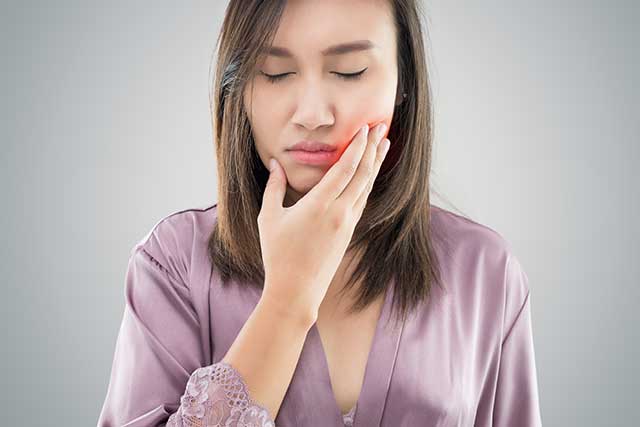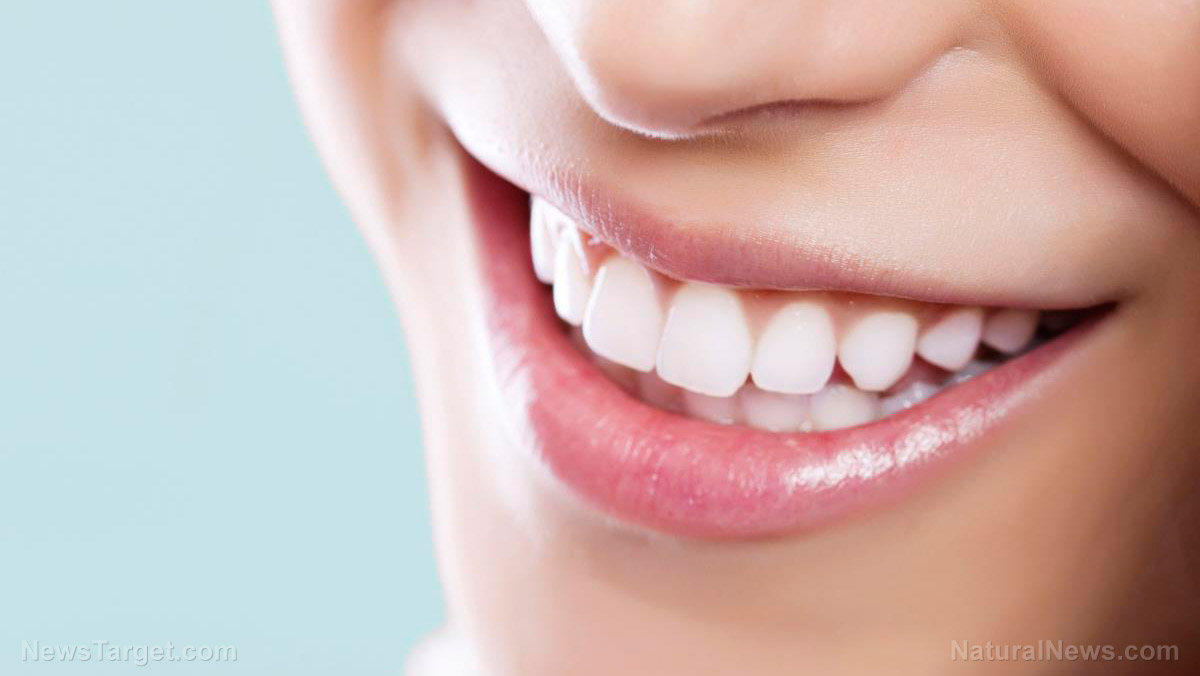Is oral hygiene the key to preventing erectile dysfunction?
05/09/2019 / By Edsel Cook

Men could avoid the embarrassing symptoms of erectile dysfunction by making sure to brush, floss, and clean their mouths every day. A new study found a strong link between oral hygiene and impotence: By taking care of your oral health, you reduce your risk of erectile dysfunction.
Taiwanese researchers evaluated the sexual functions of nearly 195,000 men who suffered from periodontitis. They reported that participants with serious cases of gum disease were more likely to also suffer from erectile dysfunction as the years passed.
Their findings reflected the outcome of a 2011 animal study by Southwest Medical University (SWMU). The earlier study also investigated the connection between brushing teeth and avoiding impotence, but the Chinese researchers used male rats to simulate gum disease.
The researchers identified periodontitis as a risk factor in cardiovascular diseases. At the same time, they noted a strong correlation between erectile dysfunction and those same diseases.
The SWMU study reported that rats with periodontitis displayed lower levels of endothelial nitric oxide synthase. This enzyme caused blood vessels to relax and dilate, which improved the flow of blood through capillaries, veins, and aortas.
The mechanism of erection depends on a steady amount of blood. As a result, endothelial nitric oxide synthase is vital to ensuring erection takes place and lasts. A lack of this enzyme in penile tissue hampers erection, leading to impotence. (Related: Maintaining oral health even during SHTF: Natural toothache remedies.)
Men who suffer from periodontitis are at greater risk of impotence
In the new study, researchers from Taipei Medical University (TMU) and the Far Eastern Memorial Hospital (FEMH) drew their data from two pools of patients. One pool consisted of almost 33,000 men who suffered from erectile dysfunction. The other group was made up of 162,000 men who were not diagnosed with impotence – they served as the control group of the experiment.
The researchers began their long-term study by evaluating the oral health of members in both groups. Their initial tally showed that roughly 12 percent of all participants displayed signs of periodontitis.
The patients suffering from serious gum disease were then analyzed for erectile dysfunction. About 27 percent of them displayed the issue, while nine percent did not suffer from impotence.
The TMU-FEMH researchers followed up on the participants after a period of five years. They performed a new series of evaluations on the oral and penile health of the participants. They published their findings in the medical journal Journal of Clinical Periodontology.
Gum disease appears to be linked to – but not a cause of – erectile dysfunction
The follow-up evaluation showed an increase in gum disease among the participants in both the impotence group and the control group. Furthermore, periodontitis and other gum problems appeared to be much more common in men who were diagnosed with erectile dysfunction.
In addition, the researchers found that participants in certain age brackets who had gum disease were at greater risk of also developing impotence. They identified men who were younger than 30 years old and senior citizens who were older than 70 to be much more likely to get erectile dysfunction in addition to their already problematic oral health.
The TMU-FEMH study made no claims that gum disease causes erectile dysfunction. However, it showed that there is a considerable connection between the two health problems, given that gum disease appears to affect the levels of endothelial nitric oxide synthase needed for proper erections.
As a result, the researchers urged men to maintain good mouth hygiene by regularly brushing their teeth and other healthy dental practices. Not only will this ensure good oral health, but it will reduce their potential vulnerability towards erectile dysfunction.
Sources include:
Tagged Under: dental care, erectile dysfunction, gums, impotence, men's health, oral health, oral hygiene, periodontitis, research, science, teeth

